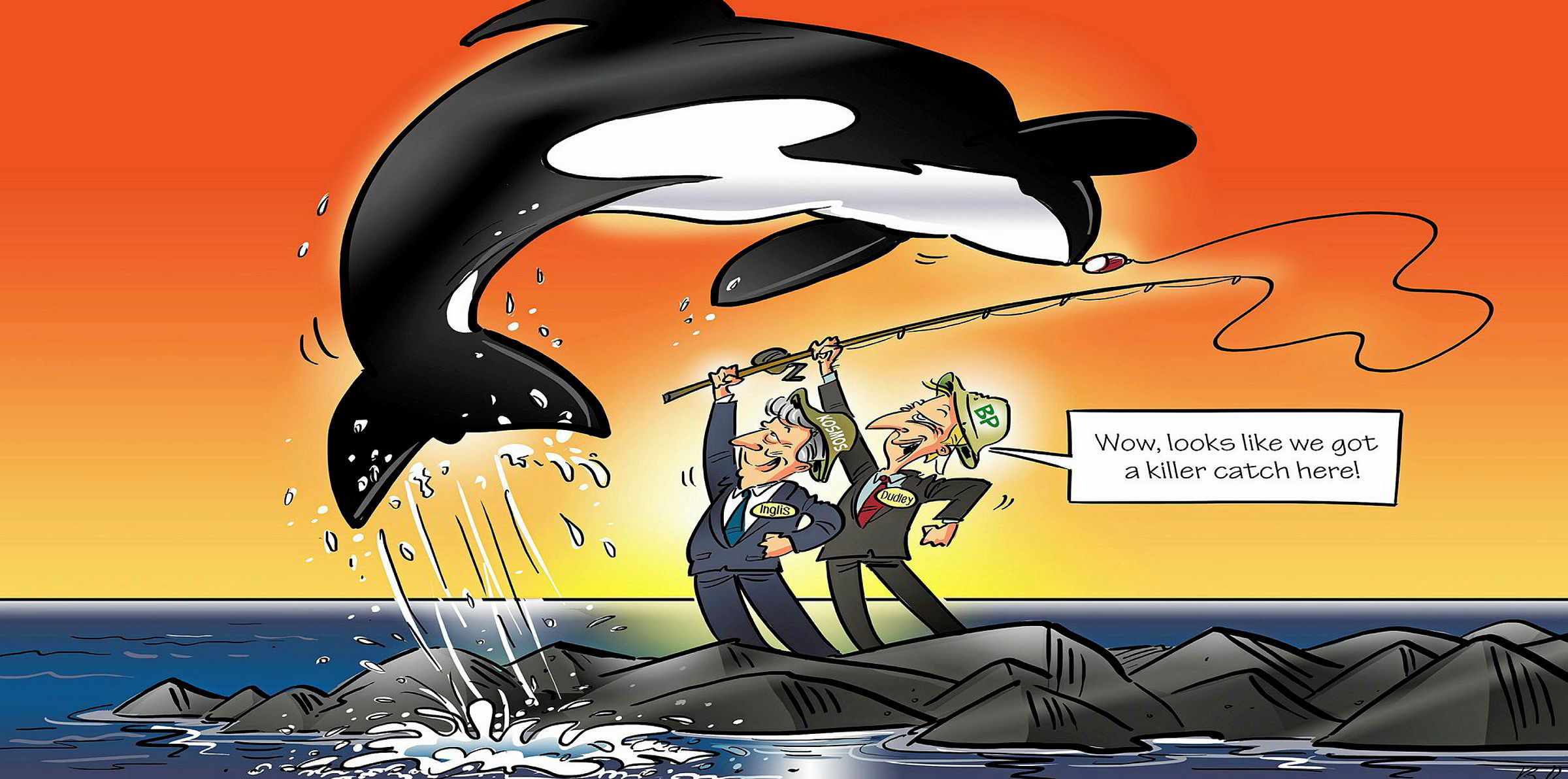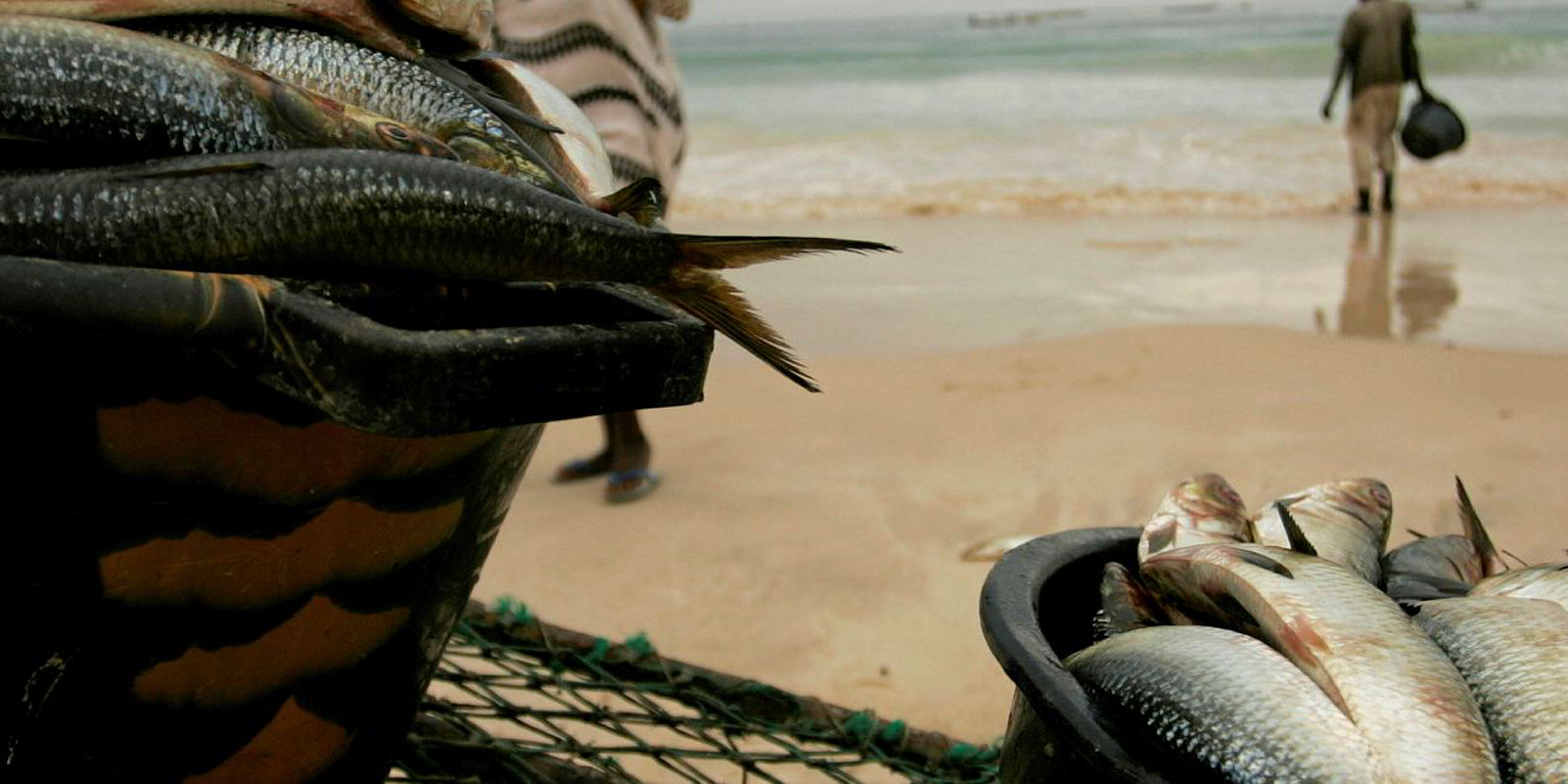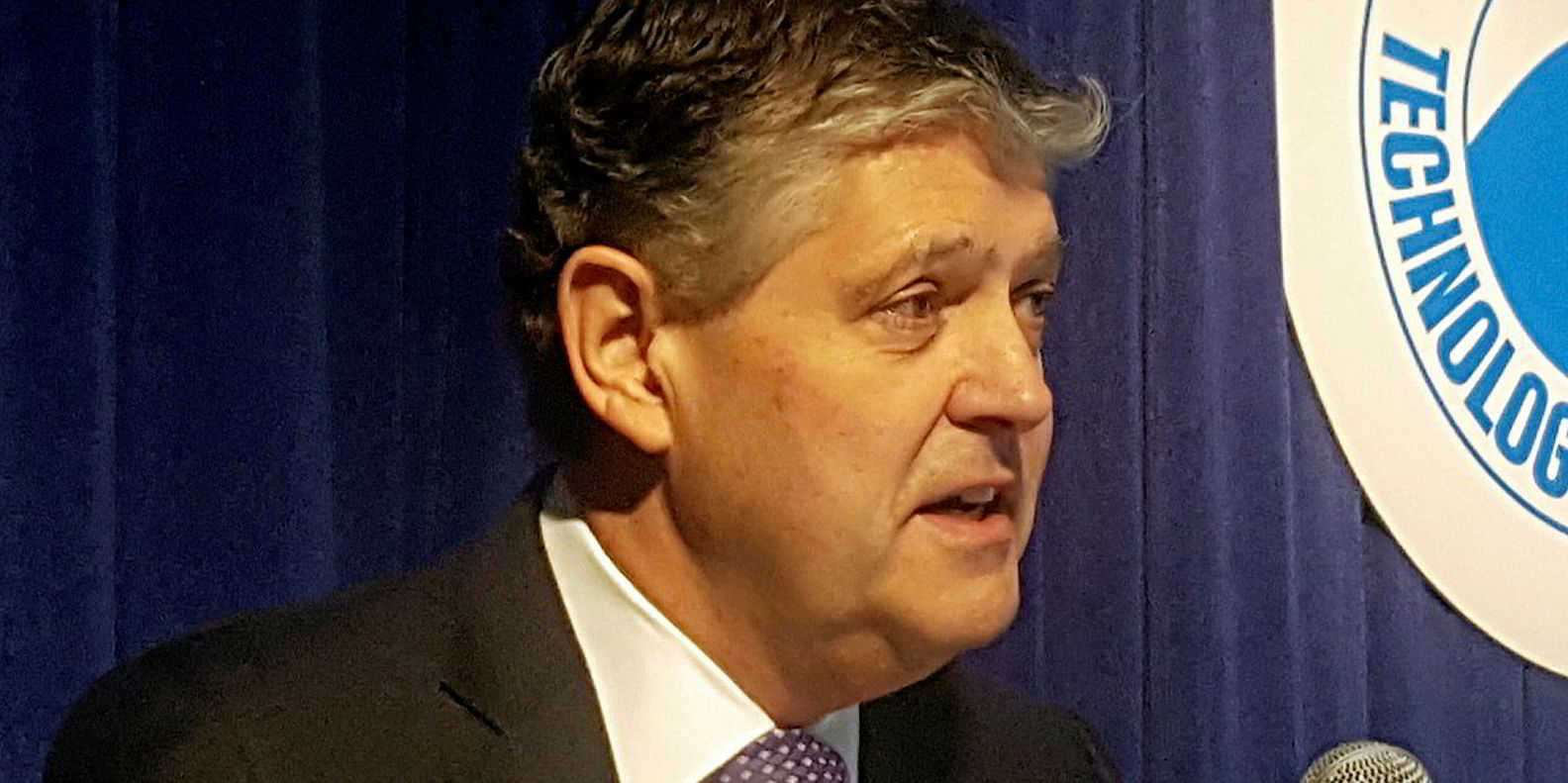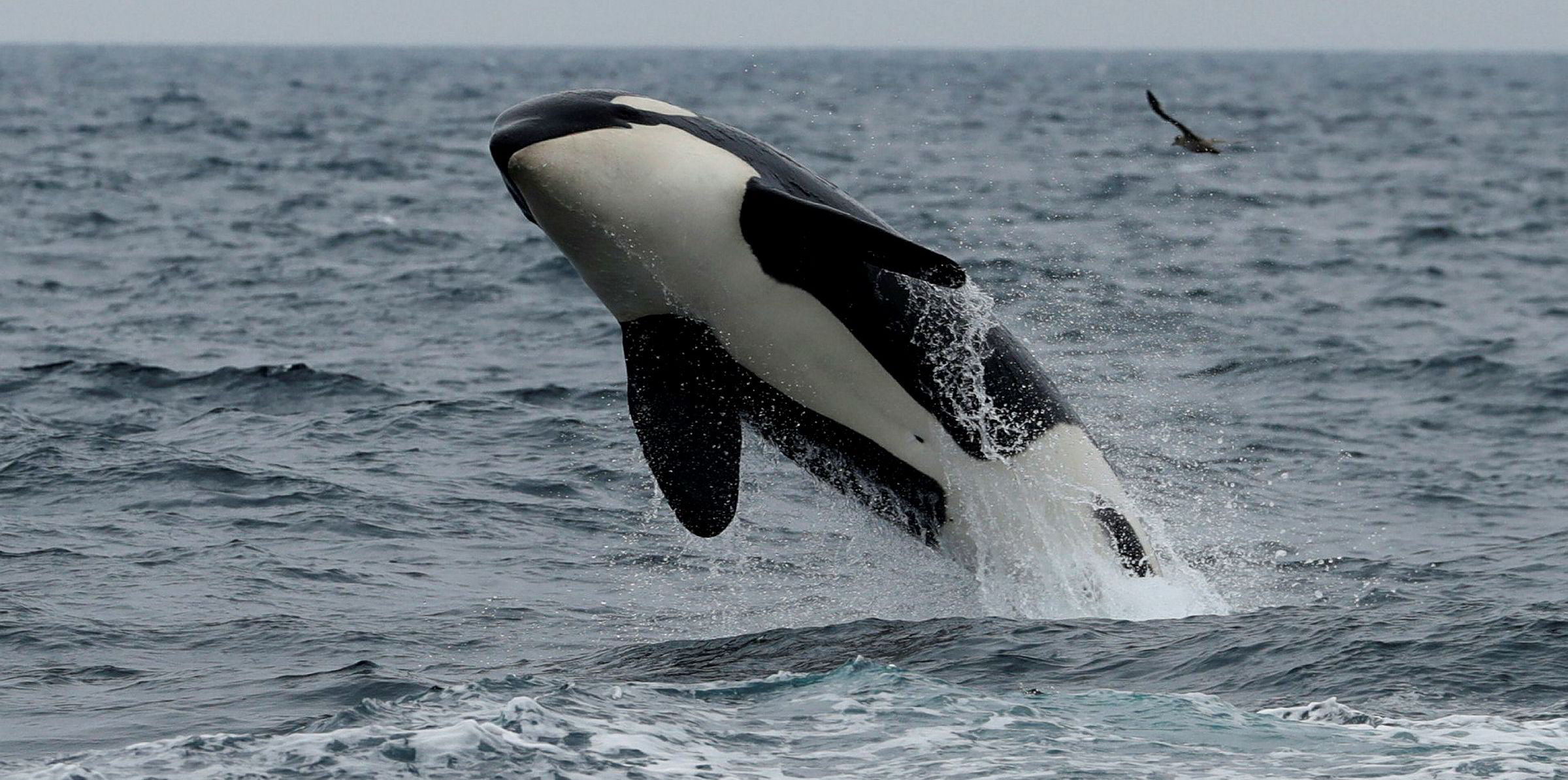OPINION: The Orca-1 gas find unveiled this week by operator BP and Kosmos Energy has put Mauritania in the spotlight and signalled emerging new opportunities in Africa.
The exciting discovery in the BirAllah offshore area was hailed by the UK supermajor as highly significant.
Andy Inglis, chief executive of block partner Kosmos and an ex-BP man, termed it the largest deep-water hydrocarbons discovery anywhere this year.
The find established the basin as “world class”, suggesting there may be further significant discoveries to be made.
The success of Orca-1 builds on the project being undertaken by BP and Kosmos at the nearby Great Tortue Ahmeyim complex, where a first-phase final investment decision was agreed last December.
Success at Orca could create a BirAllah gas hub that could tie in with another one at Yakaar-Teranga on the Senegal side of the border. Both could be connected to Tortue, which straddles the maritime boundary between the two countries.
Kosmos said 50 trillion cubic feet of gas could be “de-risked” by Orca-1, creating the potential for a standalone liquefied natural gas project.
Tortue phase one, which is scheduled to come on stream in 2022, re-awakened interest in Mauritania, which had been dwindling since oil finds at the turn of the century by Woodside Petroleum that became the now depleted Chinguetti field and the Banda field.
The latter is said to have almost 600 billion cubic feet of recoverable gas reserves but has remained stalled as an isolated project.
The Orca strike came as BP saw profits plunge in the third quarter after booking more than $3 billion of charges. Two-thirds of the huge impairments were connected with the sale of select US shale gas assets recently bought in a wider deal from BHP. BP's upstream unit also turned in weaker results due to lower oil and gas prices plus a fall-off in production.
This is now the tail end of chief executive Bob Dudley’s time in charge before the handover to exploration boss Bernard Looney.
Looney had played a significant role in pushing Tortue as a project, so Mauritania will remain very much in BP's focus — but the find should also send a positive wave through the wider region.
Senegal is still hoping for a final investment decision from Woodside and its partners before the end of this year on the huge SNE oilfield development.
There have been tensions between the SNE co-partners that have delayed a final go-ahead, but the government remains optimistic.
Meanwhile, Australian independent Far Ltd, which is one of the partners at loggerheads with Woodside in Senegal over SNE, said earlier this month that its acreage on the A2 and A5 blocks in Gambia could hold as much as 1.2 billion barrels of oil.
Sub-Saharan Africa is largely famed for its major crude producers such as Nigeria and Angola, but there has been a new focus on gas since major finds off Mozambique.
Added to that was the major Brulpadda deep-water discovery by Total off South Africa in the spring, which has caused a flurry of interest in that region. Huge gas hits off the likes of Mauritania and Senegal are only likely to increase industry optimism that there is much more to come from all parts of this continent.
(This is an Upstream opinion article.)



